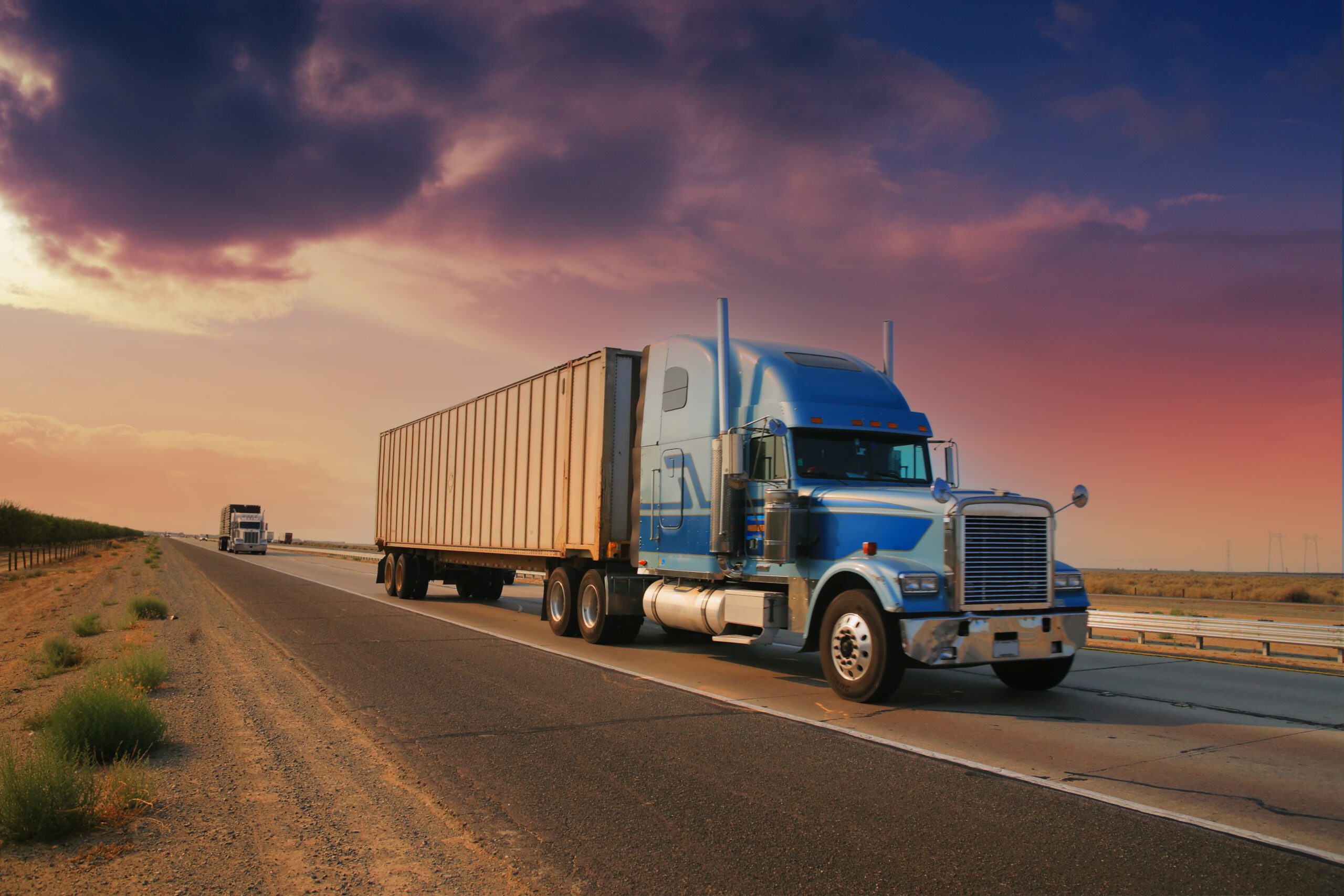Safety is one of the most important things to consider whenever you step into your vehicle.
Even with the newest technology and the safest driver behind the wheel, accidents can still happen. That’s why it’s important to protect yourself from unforeseen circumstances by getting the right insurance policy for you.
Here are a few things to look for in your commercial trucking insurance policy. Keep in mind that there are a lot of factors to consider when choosing the right insurance policy, so be sure to talk with your agent about what the right plan is for you.
Do I Need Commercial Trucking Insurance?
The short answer is yes.
Not only can commercial trucking insurance cover you from having to pay thousands out of pocket for damages, it’s also required by law. The FMCSA issues permits that you’ll need to conduct business and these require you to have proper insurance coverage. Keep in mind that this may depend on factors like carrying hazardous materials and the weight of the freight you’re hauling.
Businesses that are uninsured or underinsured risk substantial financial loss in the event of an accident. The average settlement for accidents involving a semi-truck is anywhere from $185,000 to $650,000 and can be even higher depending on the damage! Being uninsured or underinsured could mean having to pay all of that out of pocket.
Automobile Liability
This is sometimes referred to as primary liability and covers property damage or injuries that are caused by the vehicle operator or equipment. For example, if your trailer hitch fails and causes an accident, your primary liability coverage will cover property damages and medical treatment.
It’s important to note that this coverage only applies when the vehicle operator or equipment is at fault and won’t cover things that are outside of your immediate control like fire, theft, or severe weather.
Pro tip: Dual-facing dash cams can often prove that a driver wasn’t at fault in these cases. Being exonerated ensures a quicker claim completion, and can also benefit your CDL driving record.
Automobile Physical Damage
You may have also heard this referred to as collision coverage because it pays for repairs if you are in an accident on the road. Keep in mind that this won’t cover damage to the driver’s personal items or freight.
There are a few different types of this physical damage insurance, such as comprehensive coverage which will insure you if your vehicle is damaged by something other than an accident (e.g. theft or fire).
Non-Trucking Liability
Very simply, this covers any damage that occurs while the truck is not being used for business purposes. This is sometimes referred to as contingent liability insurance.
Some owner-operators may choose to use their vehicle for personal use; accidents that may happen during this time would only be covered if you have this type of insurance.
Bobtail
This type of coverage will protect you and your vehicle when there is no trailer attached. For example, many drivers will drop off one trailer and then drive to hook another at another location. Accidents that happen during the time between drops and hooks will be covered under bobtail insurance.
Cargo
Motor truck cargo insurance will cover your freight against physical damage or loss while it is being transported or during loading and unloading.
Medical Payment
This one is very important and you should consider investing a good amount into it. Medical insurance will cover the medical expenses of the driver or passenger who is injured in or by your vehicle.
Many insurance companies include medical payment under a larger type of coverage (such as automobile liability.)
Uninsured & Underinsured Motorists
If you are in an accident and the driver at fault doesn’t have liability insurance, this policy will save the day. It will cover repairs or replacement in the event that you were in an accident and the driver at fault is not insured.
This is another type of coverage that may be included within a different policy, but it is worth investing in. Ask your insurance agent if you’re not sure whether you have this type of coverage.
General Liability
General liability insurance will cover injuries or property damage that occur as a result of actions not related to operating the vehicle.
Accidents while unloading cargo or at a truck stop, as well as products being damaged during delivery, can all be covered under a general liability policy.
Wrapping Up
Just like with any type of insurance, commercial trucking insurance comes at a cost, and for many businesses it can be one of their largest expenses. On average, commercial trucking policies can cost anywhere from $8,000 – $14,000. Commercial trucking insurance is not something you want to skimp on. Doing so could end up costing you much more in the long run.
While these types of coverages differ from each other, they all exist to help protect drivers from the financial burden of having to pay out of pocket for damages. Dash cams and other forms of technology have been used to exonerate drivers who were not at fault in an accident, and many insurance providers are adopting this technology. Talk with your insurance agent to see if dash cams can help save you money.
We hope you found this article helpful. If you want to explore which coverage options are right for you, ask your insurance agent to contact us for more information.
Sources:
[1] Forerunner Insurance, Commercial Trucking Insurance 101: Everything You Need To Know
[2] World Insurance, Understanding Trucking Insurance Requirements
[3] Truck Insurance Quotes, What is the difference between primary liability and secondary liability?
[5] Colonial Insurance Services, Trucking Physical Damage Insurance

